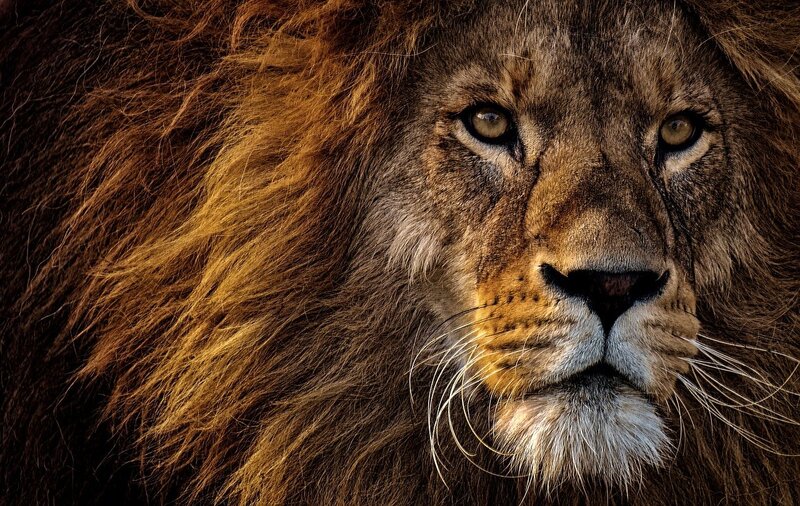Lion breeding in South Africa and trade in products such as their bones should be ended, according to the country’s Environment Minister Barbara Creecy. Additionally, the country won’t lobby for the lifting of global restrictions on the rhino horn and elephant ivory trade.
—
What is Happening?
- However, she said that the country should position itself as a destination for hunting of some of the world’s most iconic animals. The comments were made at the release of the High Level Panel report on the management, breeding, hunting, trade and handling of elephant, lion, leopard and rhinoceros on Sunday.
- Many of these animals are held and owned on private land, showing the difficult path that South Africa is treading.
A member of the audience interjected at the end of the meeting to say that the recommendations adopted would lead to the destruction of the species the government seeks to protect. In response, Creecy said, “We fully understand that the breeders will have things to say. No change in policy can be made in a democracy without the participation of those affected,” promising consultations.
You might also like: Preventing Biodiversity Loss: Radical Solutions and New Targets
Protecting its Animals
- South Africa has worked hard to halt the global trade of rhino horn and elephant ivory, but it has also attracted criticism for allowing the breeding of lions for hunting and the sale of their bones to East Asia where they are believed to have medicinal properties. Private rhino owners, who own the majority of the country’s rhinos, have lobbied for the resumption of legal horn trade to fund the costs associated with protecting their animals against poaching.
- While the majority of the 25-member panel recommended ending lion breeding and placing curbs on the keeping of captive rhinos, some members disagreed. Creecy said she had gone with the majority view. Breeding of lion cubs to be petted by tourists at safari parks will also be stopped, she said.
- The panel also had to consider a number of other issues such as the use of animal products, such as leopard skins, in traditional practices and the killing of leopards that prey on livestock.
- Hunting of rhinos, elephants, lions and leopards in South Africa is permitted under strict controls and generates significant revenue for the country. Most hunters come from the US.
Creecy said, “The captive lion industry poses risks to the sustainability of wild lion conservation resulting from the negative impact on ecotourism, which funds lion conservation and conservation more broadly. In addition there is a negative impact on the authentic wild hunting industry and the risk the trade in lion parts poses to stimulating poaching and the illegal trade.”
- South Africa’s trophy hunting industry generates about R5 billion (USD$345 million) annually, according to a paper released by researchers at South Africa’s North-West University in 2018. This ecotourism industry forms a key part of the country’s tourism trade, which makes up about 7% of the economy.
- In a statement, Humane Society International said, “South Africa is the top exporter of lion trophies in the world- and most of these are lions who originate from the country’s notorious captive lion breeding industry. Between 2014 and 2018 4 176 lion trophies were exported from South Africa (as well as 25 captive-source tiger trophies).”
- Creecy says that a policy paper on the recommendations for public comments will be released within two weeks.

















